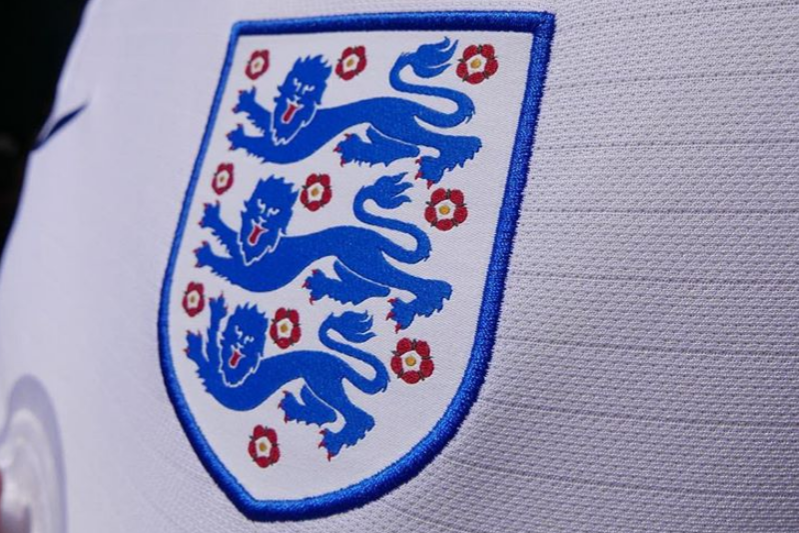It was the narrative wot won it

About the author
Chris is a lecturer, media trainer, crisis communication consultant and coach. Her in-house roles have included the global position of Director of PR for Barclays. Chris leads the CIPR PR Diploma and Crisis Comms Diplomas. BA Hons, CAM, MCIPR

If I am going to write this then it has to be now. In a few days the excitement and exhilaration of England’s unexpected progression to the World Cup semi-finals may well be over. But I don’t expect if we do exit before, dare I say it, winning the competition that we will see the usual histrionics and recrimination we have had before.
The reason being the masterly use of narrative to weld together a previously disparate bunch of young footballers allowing them to exceed what were fairly modest expectations. Now that narrative has become one for the country as a whole – at least for the next few days or weeks.
The job of England manager is not the easiest of rides even for the most experienced of operators. So, the choice of Gareth Southgate for the job was not an obvious one.
Likewise, certainly in the early days the choice of many of players that Southgate went on to select was not obvious either. But then we were looking at what was going on through the lens of the old narrative which ran along these lines: England is a footballing nation but its success was largely in the past; to recover any chance of future success we need big names running the game and playing the game if we are to compete with the likes of Spain, Portugal and Brazil; but at the end of the day we invented football and we deserve to do well.
You can see why anyone might be reluctant to take on the manager’s job against that backdrop. A new story was certainly needed.
The ability to craft a compelling story to motivate an organisation is now taken as a core leadership requirement. Stories in particular are used to gain buy-in for the need to change. A good corporate story seeks to frame reality, in effect choosing which information to include and which to exclude, which to play up and which to downplay.
One quoted internal communications example is that of an organisation winding down its operations which led to an employee-generated story of a ‘sinking ship’ with all the concomitant imagery such as ‘rats leaving a sinking ship’ etc.. The management team realised they needed a new story if they were to ensure work continued and objectives were met. The new frame was one of ‘final voyage’ – working together as a team to bring the organisation ‘safely into port’, ‘celebrating a rich and successful past’ etc.. Same facts but a new frame through which to view them.
So how does Gareth Southgate’s story run and how did it challenge the past narrative?
Footballers not coming home (yet)
He set out to tackle the unhelpful sense of England deserving to win with quotes such as: “We’re not a team where we just turn up, we’re waltzing around and we’ve got an entitlement. We’re lads who have come from Barnsley and Leeds and Bolton and Blackburn.”
So, we may not have many big names everyone knows but this is a team, not a collection of egos. And what is more in the interviews he has given he has sought to position playing for your country’s side as the ‘pinnacle’ challenging the idea that the best football is played only at club level.
Most cleverly of all he has sought to free the England team from the past with quotes such as: “We always have to believe in what is possible in life and not be hindered by history or expectations.” It might sound simple but he was telling the team they were free to play as they wanted and were not destined to make the mistakes of the past.
Of course, we will have to wait and see what happens this coming Wednesday against Croatia but we have seen a really powerful example of narrative being used to effect change. As Southgate himself said after the team beat Colombia on penalties (so laying to rest yet one more ghost from the past narrative): “Tonight they showed they don’t have to conform to what’s gone before. They have created their own history, and I don’t want to go home yet.” And neither do we.
Chris Tucker leads the CIPR Professional PR Diploma for PR Academy, which covers storytelling.